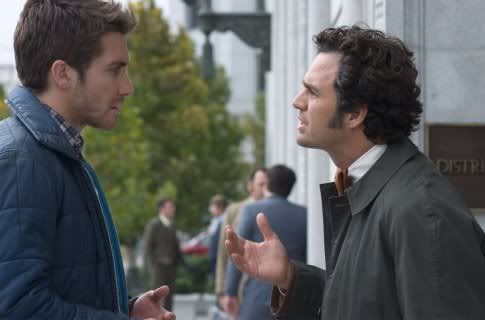Showing posts with label biography. Show all posts
Showing posts with label biography. Show all posts
Monday, March 2, 2009
Books that can help beginning biographers
Beginning a full-length biography can be extremely confusing. There aren't too many books or web sources out there for first-time biographers and navigating the tremendous tasking of dealing with interviews, archives, book proposals, travel -- not to mention the writing itself -- will inevitably seem overwhelming. There are plenty of books focused on fiction, but not many that begin to explain nonfiction.
Over the course of this blog, I've decided I will pool some of the useful resources to hopefully aid others. These are just some books that helped me, in whatever fashion it was, to gain insight or knowledge of some source about the craft of biography and/or autobiography and memoir.
How to Do Biography: A Primer by Nigel Hamilton is a good introduction, a primer, as it says. It provides some good basic advice about the traditional structure of a biography (birth, career, love, twilight, death) as well as a quick chapter about the afterlife of the biography (the critical reception of your biography). In addition, this is one book that also contains a section on autobiography and memoir. A very basic book, good if you need general guidance but probably redundant if you have a good handle on how to begin thinking about your story.
Biography: A User's Guide by Carl Rollyson was very useful to me. It is laid out much like an encyclopedia which makes for a strange read from start to finish. The book lays out the basic history of the genre and provides examples of different sub-genres (political biography, religious biography, musical biography, royal biography, literary biography, intellectual biography, among others). This book also contains a section on autobiography. Rollyson talks extensively about the differences between authorized and unauthorized biography, the ins and outs of fair use policy and the ridiculousness of so-called 'definitive' biography. A good book, incredibly useful.
Writing Creative Nonfiction, edited by Carolyn Forche and Philip Gerard, contains a few useful essays. The first, "As Time Goes By: Creating Biography" primarily talks about going beyond chronological order, finding truth in interviews, and using archives. The second essay, "Twelve Years and Counting", is a shorter essay containing some good advice about interviewing, archives and the balance between research and writing. The rest of the book focuses on other nonfiction mediums but contains some useful advice. Nearly every essay contains writing exercsizes following the essay that are related to the primary advice imparted. These exercises can be extremely useful.
How to Write a Book Proposal by Michael Larson contains much of the same advice as similar books, but is organized in a way I find most useful. A solid introduction to writing proposals for any nonfiction book.
I hope some of these books can help you. As I find more books and websites useful, I will post them here.
Thursday, February 26, 2009
Biography : Forgetting

"People get old, they forget."
Mark Ruffalo, in the role of Detective Dave Toschi, says this to Jake Gyllenhal, in the role of Robert Graysmith, towards the end of David Fincher's Zodiac. This is the problem with trying to piece together a book after many years. People get old, they forget.
It's been eight years since Paul Avery passed away on Orca's Island, north of Puget Sound. It's been forty-one years since the height of the Zodiac investigation, also traditionally thought of as the height of Avery's career. Thirty-five years since Patricia Hearst was kidnapped by the Symbionese Liberation Army. Avery is a modern figure and yet plenty of time has passed to facilitate forgetting.
People get old, they forget.
The death of memory is just a fact in biography. We have to deal with the fact that there are infinitely more memories than can be captured, and we can only hope that the small snapshots we do manage are among the most striking. "I'm sure I don't know the half of it," one of Paul's colleagues told me one day, "and the half I do know I've forgotten."
We biographers are pretty remarkable writers. We must make sense of life. Nothing can be more daunting. We often cannot make sense of our own lives but we must sort out files and files of stories, gossip, e-mails, phone conversations, articles, books-- all written by friends, enemies, family, colleagues, exes, spouses, children, rivals. Wading though all of these stories, all of this time, we know that the frailty of the human mind is working against us. Time is working against us. People get old, and sometimes they forget.
Yet, we still manage to find the essential human being. We (hopefully) make good judgments, we (hopefully) ask good questions and we eventually catch a glimpse of who they were.
And then we try to convey that in writing. But that's a whole other story.
Labels:
biography,
nonfiction,
writing,
writing advice
Subscribe to:
Posts (Atom)
